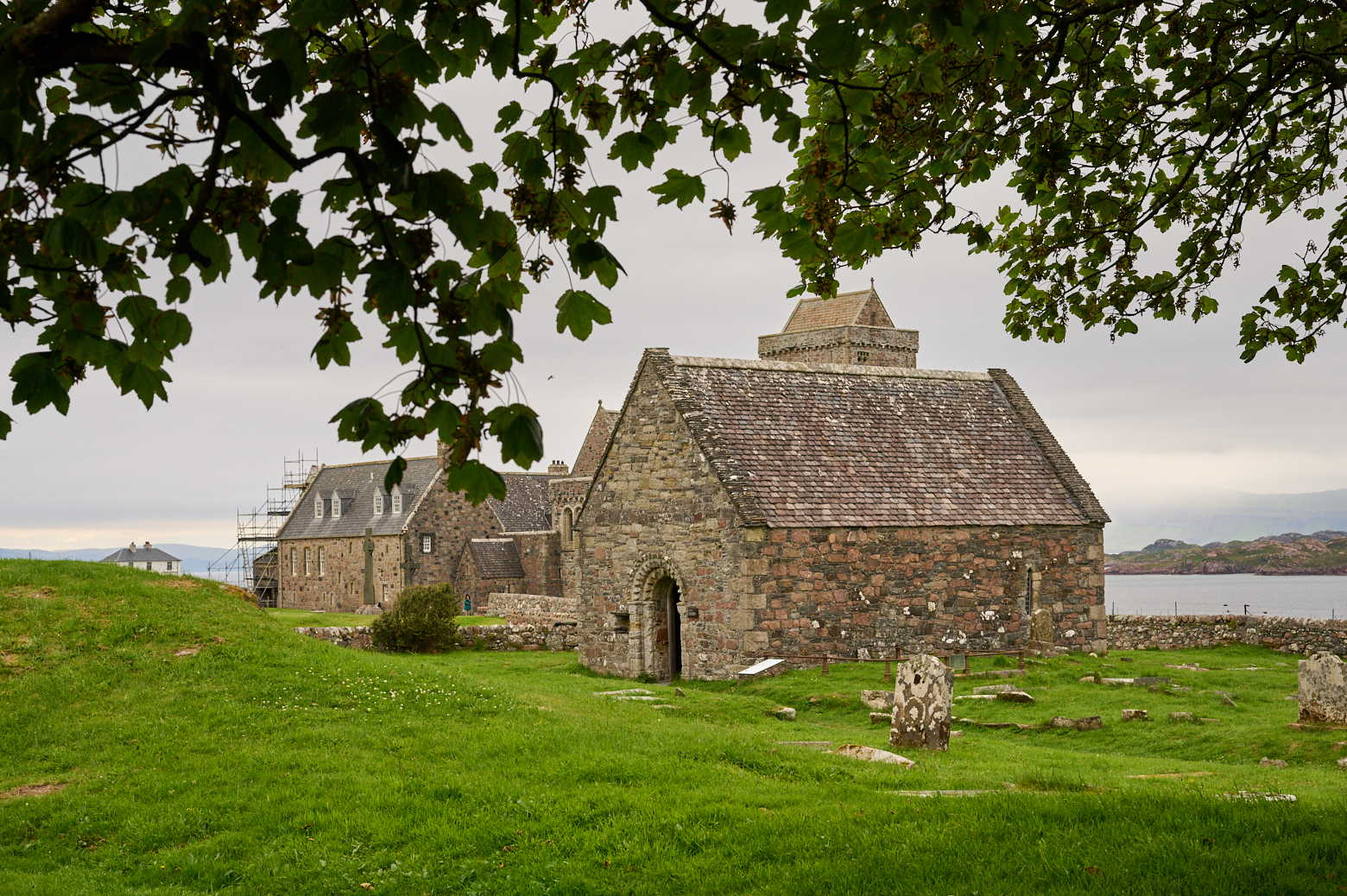
Part two of my day in Iona starts with visiting the Abbey of Iona.
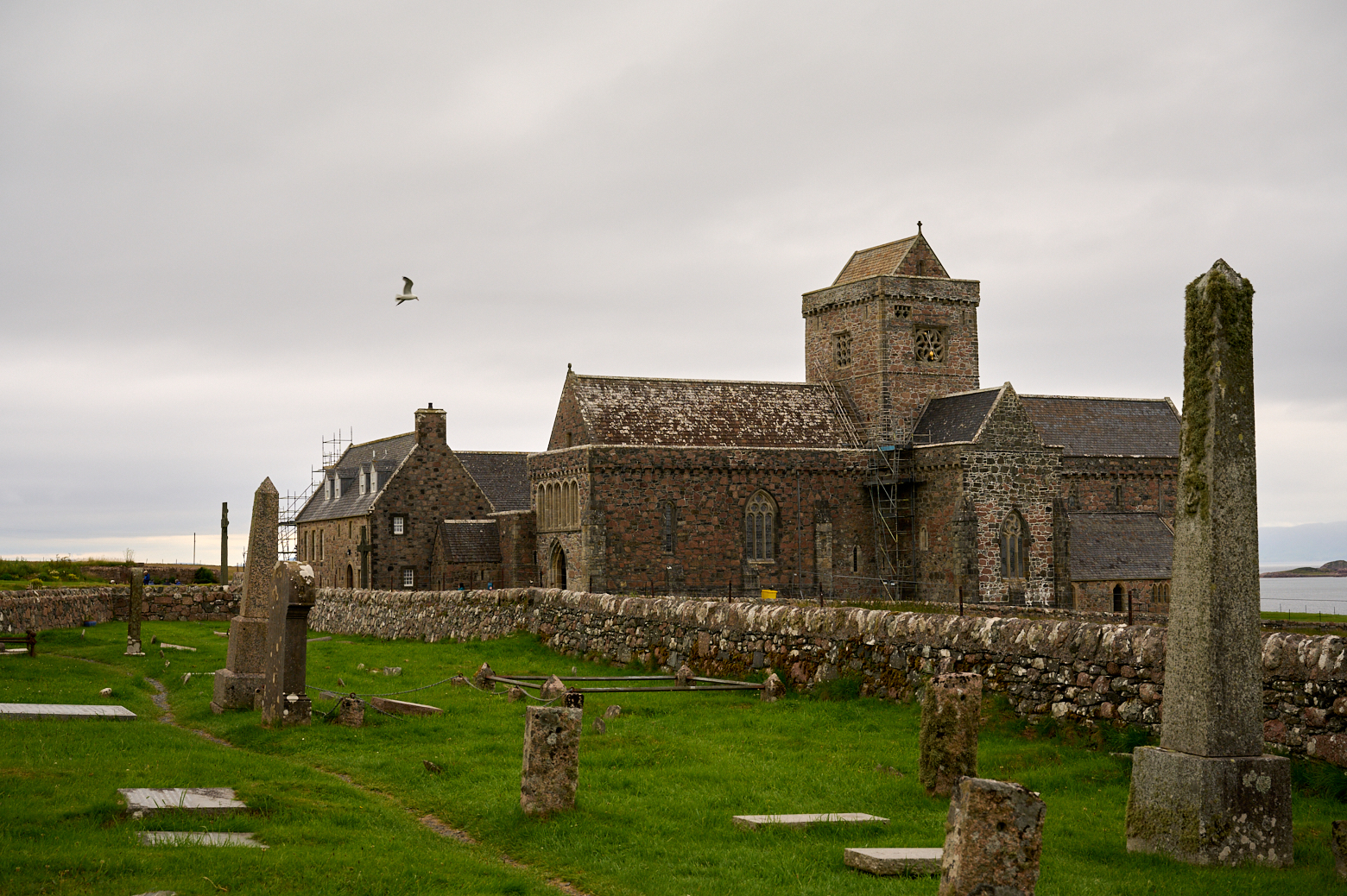
Iona Abbey was founded by St Columba in 563, but we don´t see a lot of the original buildings. Columba’s monastery survived until the end of the 12th century, despite repeated Viking raids. It was one of the oldest Christian religious centres in Western Europe and was a focal point for the spread of Christianity throughout Scotland
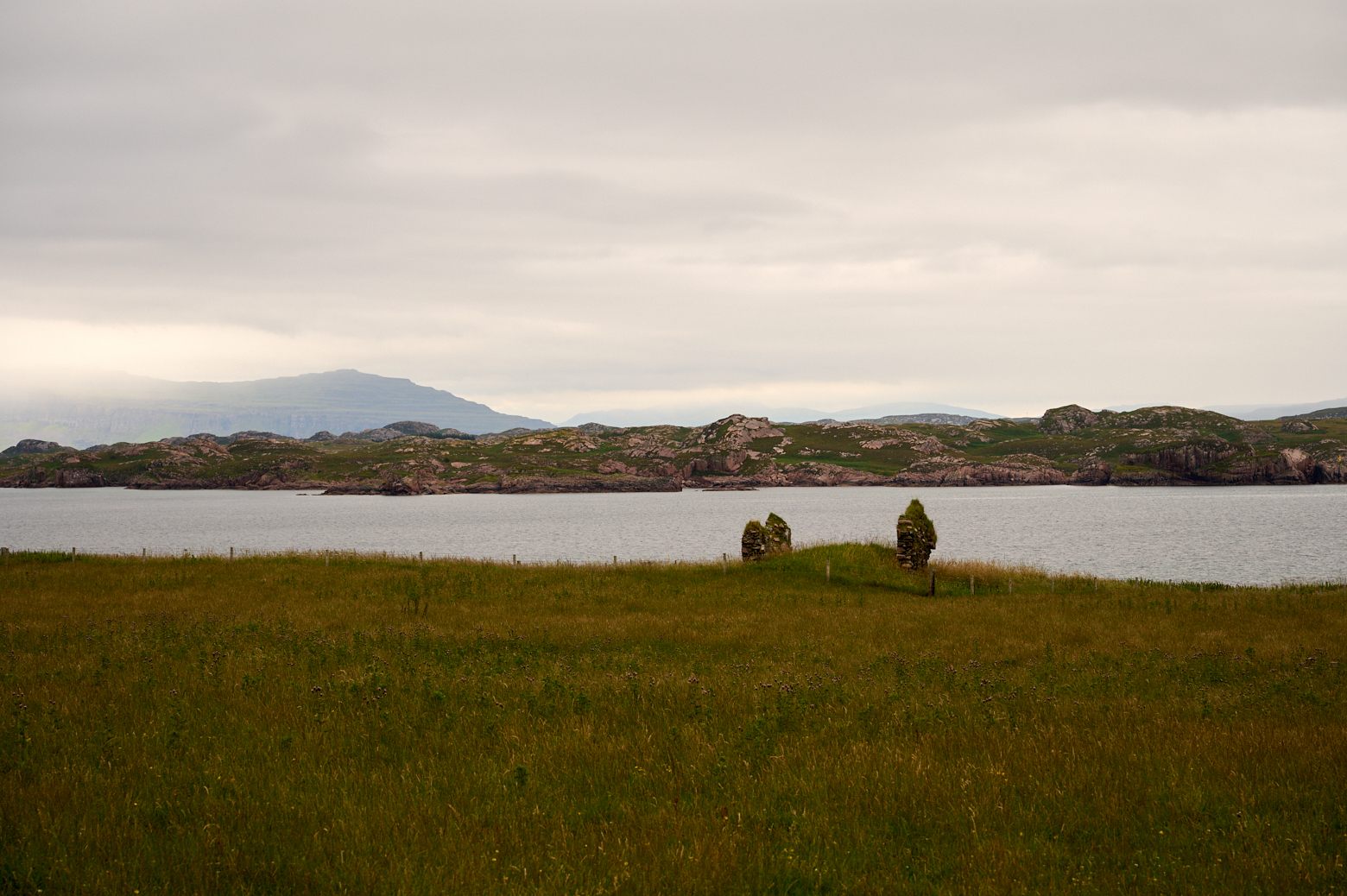
Around 1200, the sons of Somerled – ‘King of the Isles’ – founded a Benedictine abbey here. Pilgrimage to St Columba’s Shrine continued to thrive, though monastic life on Iona ended with the Protestant Reformation of 1560.
It’s thought that the world famous Book of Kells was made here, along with other great works of art. (Historic Enviroment Scotland)
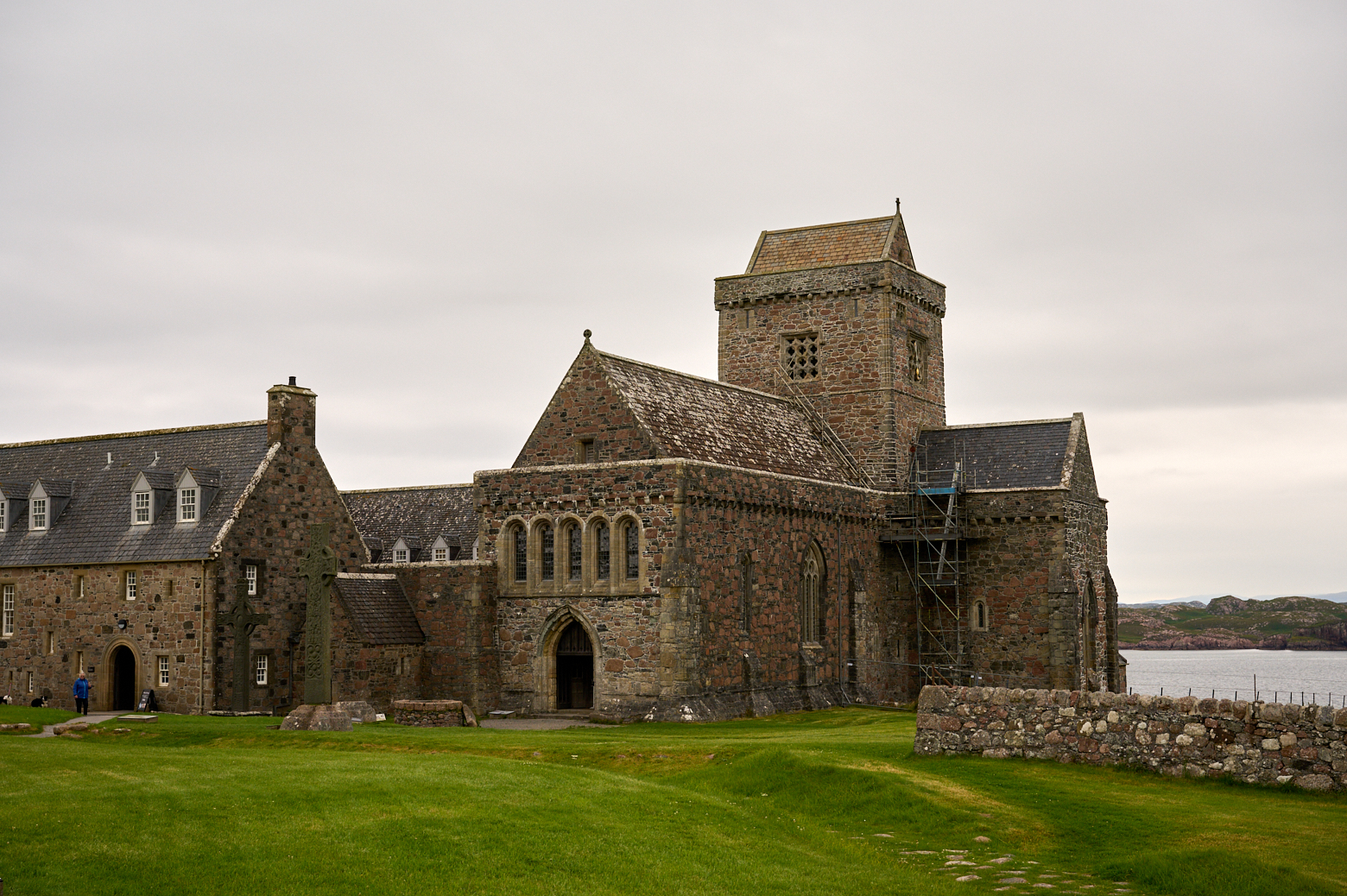
In 563, Columba arrived in Iona from Ireland with twelve companions and founded the monastery. It developed as an influential centre for the spread of Christianity among the Picts and Scots.
The monastery they founded was one of the most important and influential in the British Isles. It sent missionaries to northern Britain to convert people to Christianity. (Historic Enviroment Scotland)
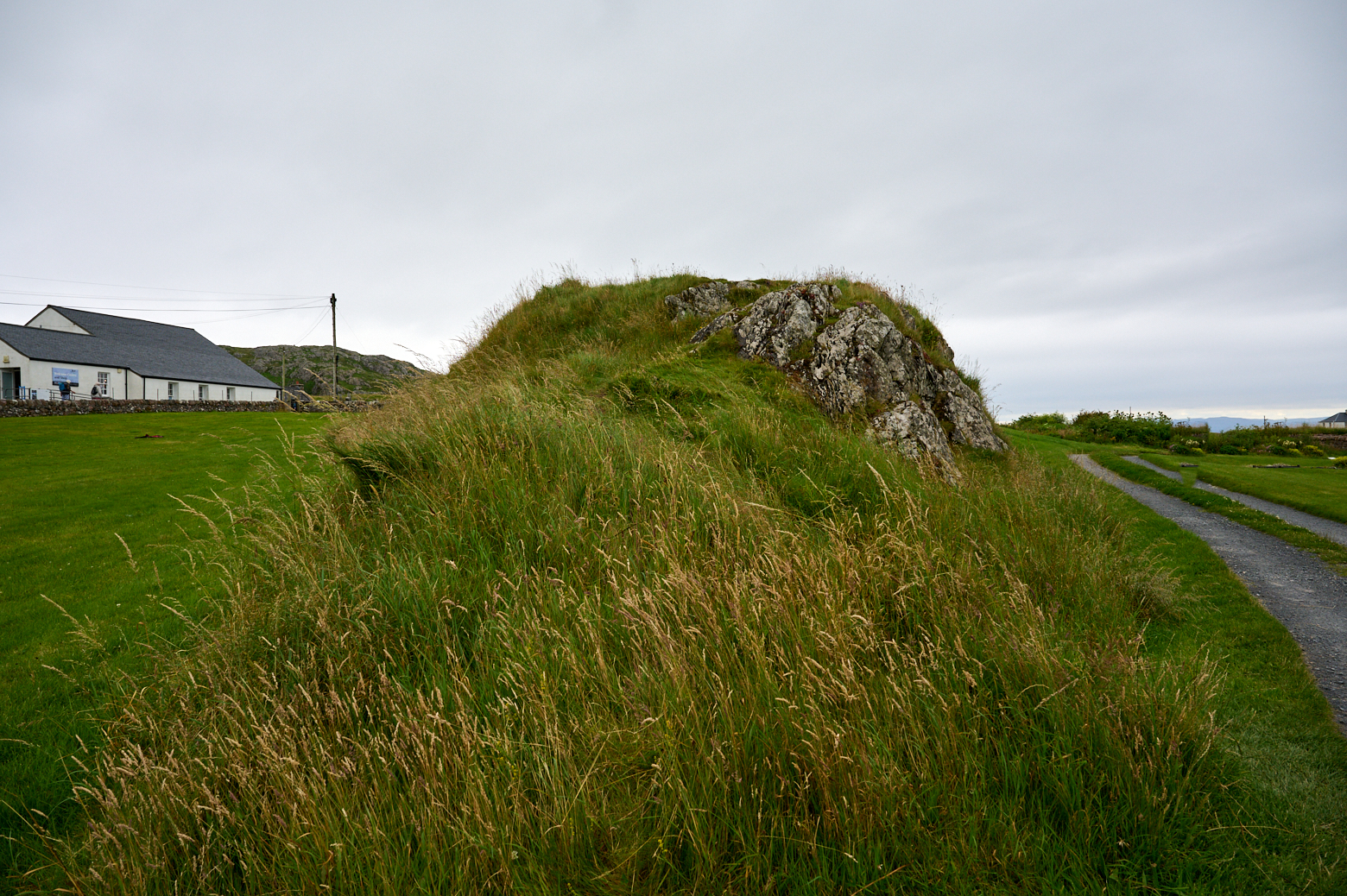
This hill is Tòrr an Aba, the little hill above the abbey where St Columba is said to have had his writing hut.
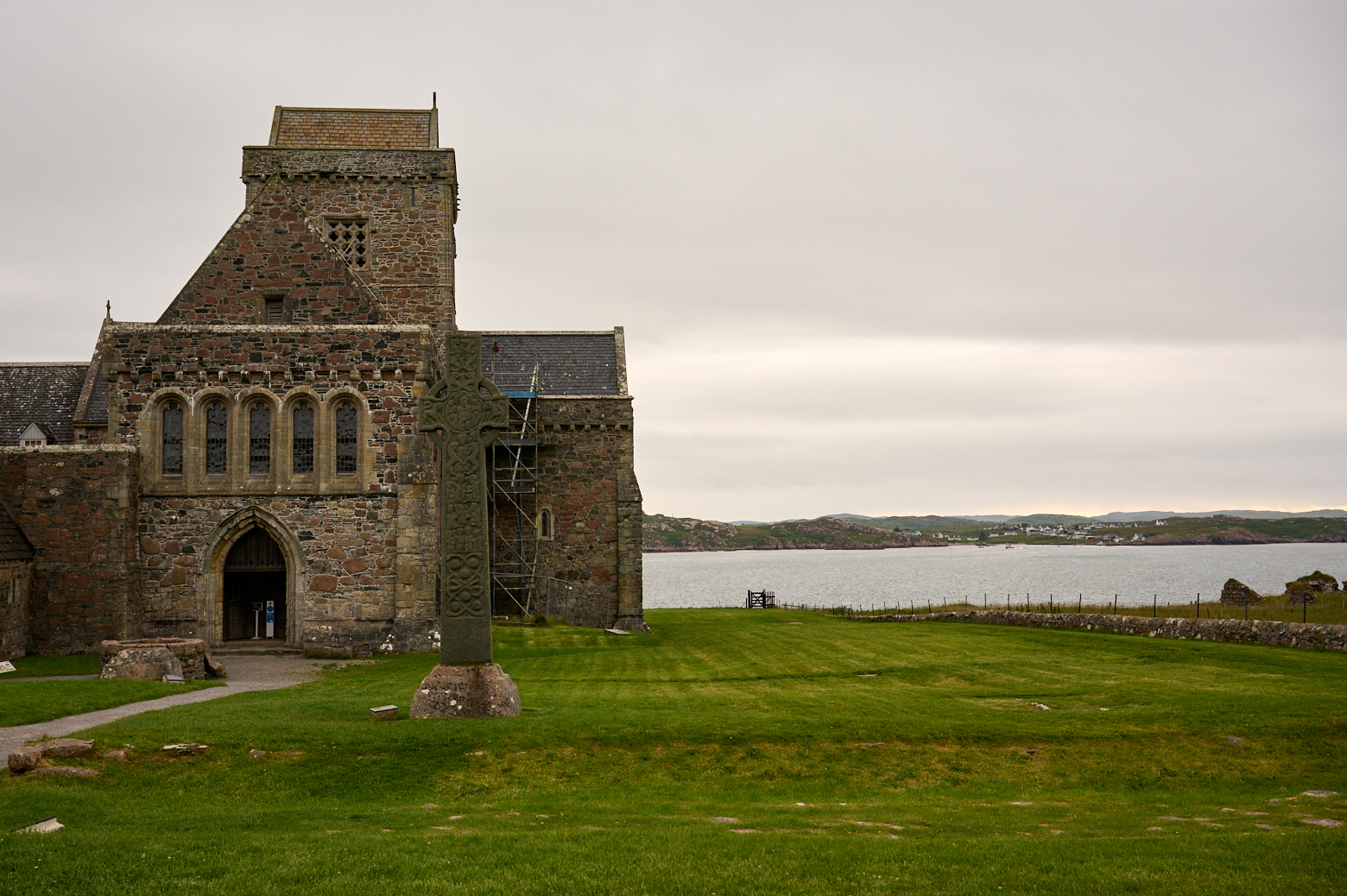
Four tall, intricately carved crosses, dating from the 8th and 9th centuries, once stood close to the abbey. Three can now be seen in the Abbey Museum, while one is still in place. Iona was a leading artistic centre from the 8th century, and sculptors, metalworkers and manuscript illuminators flourished here. (Historic Enviroment Scotland)
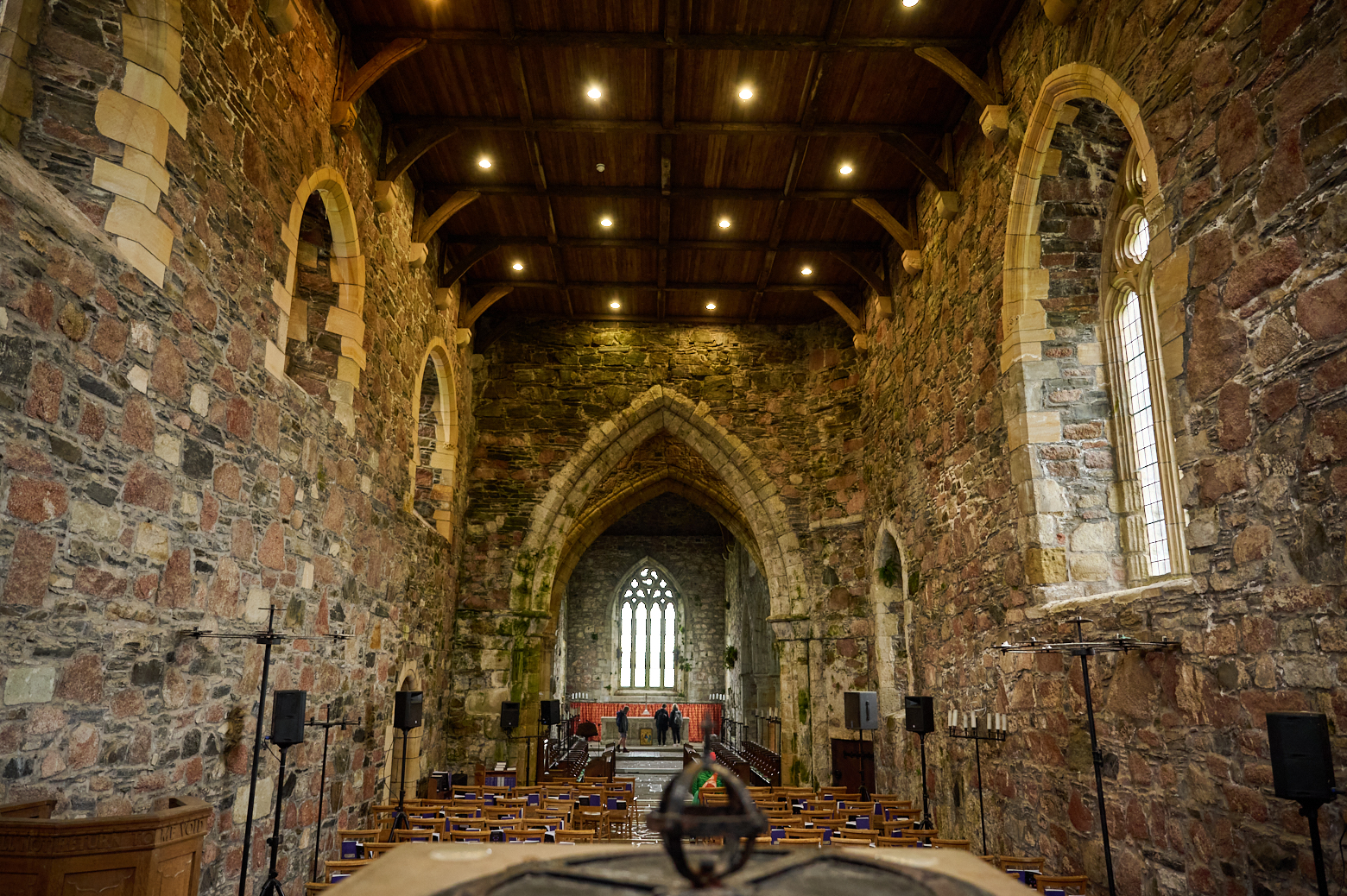
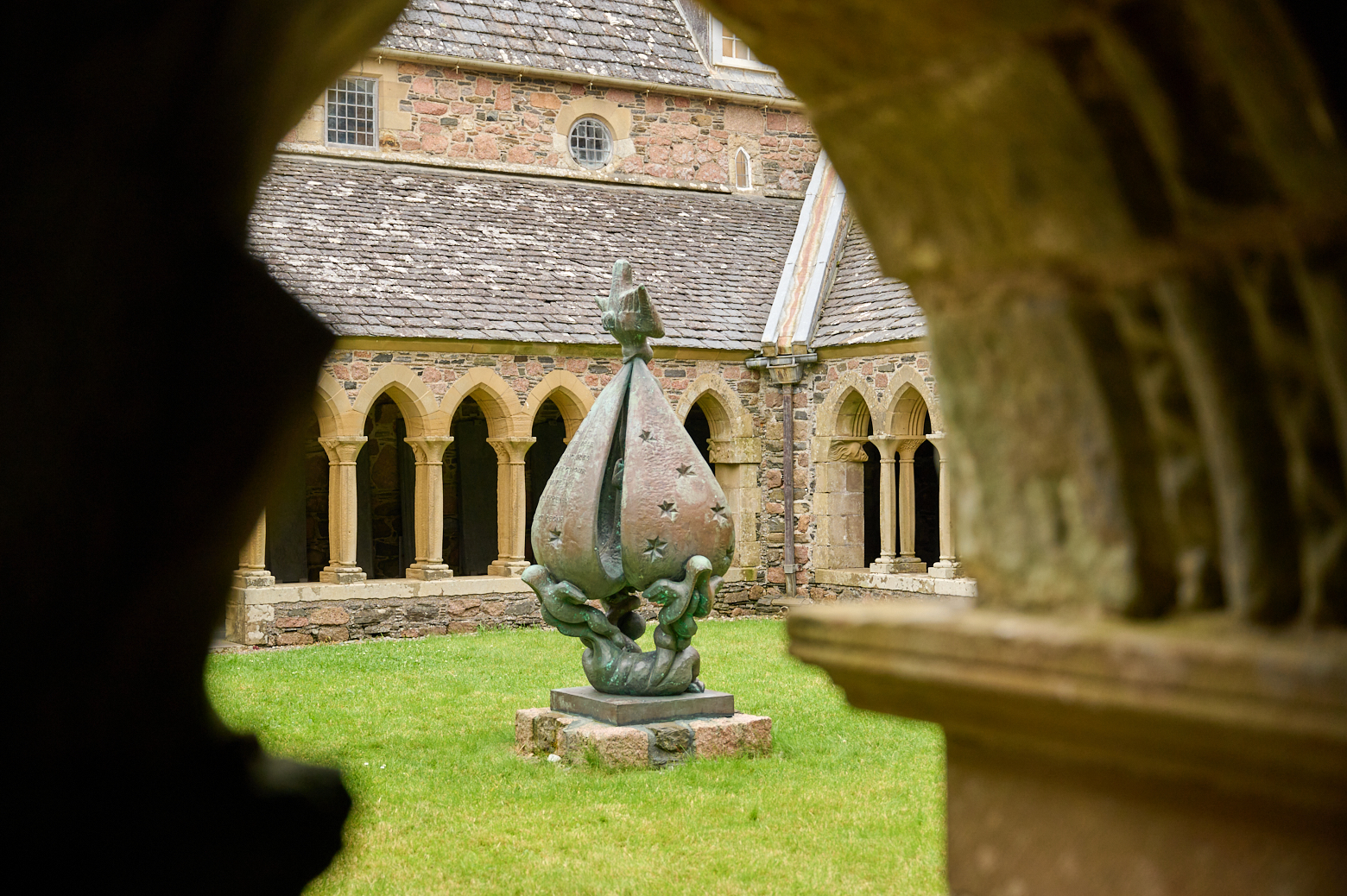
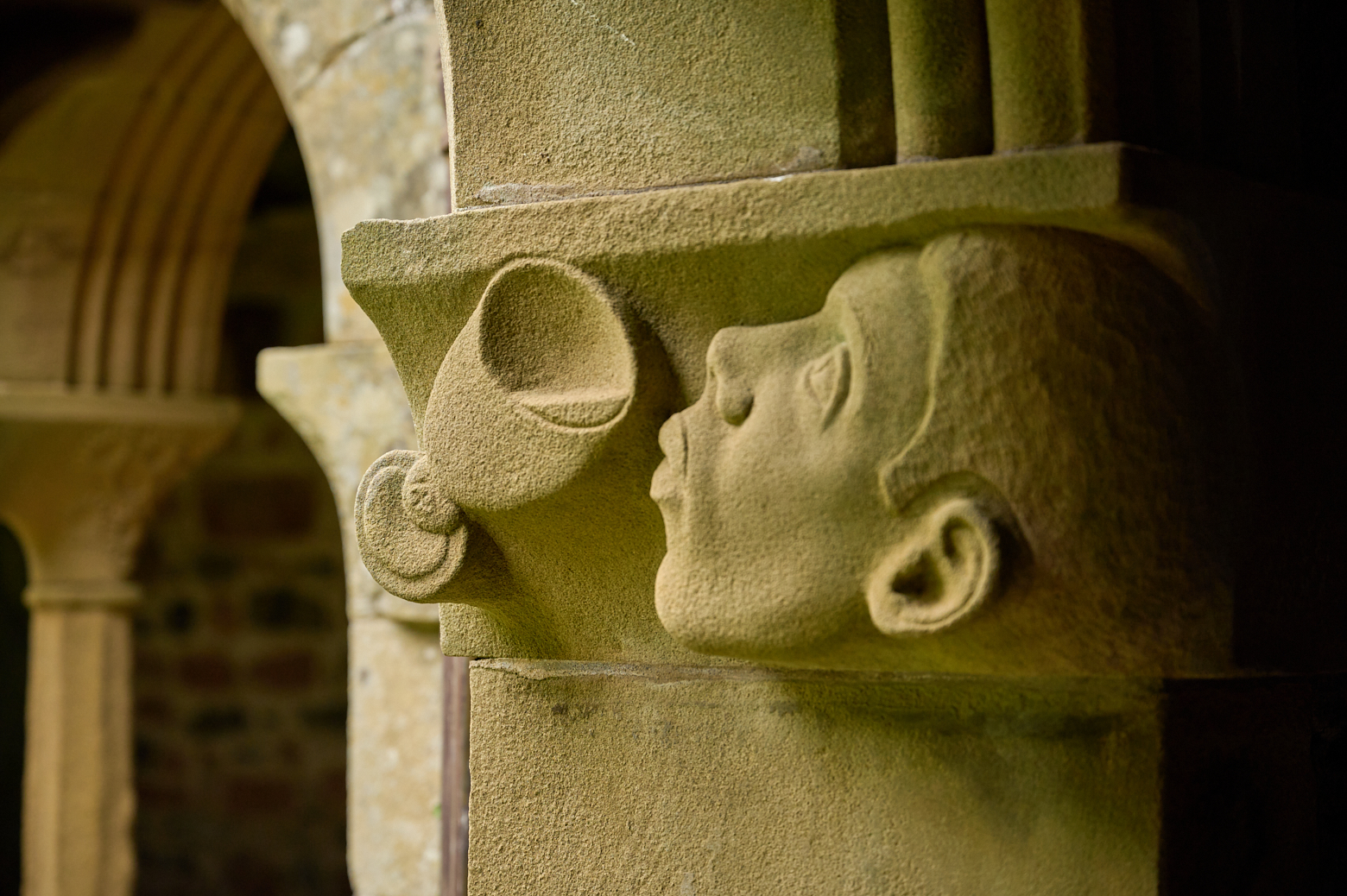
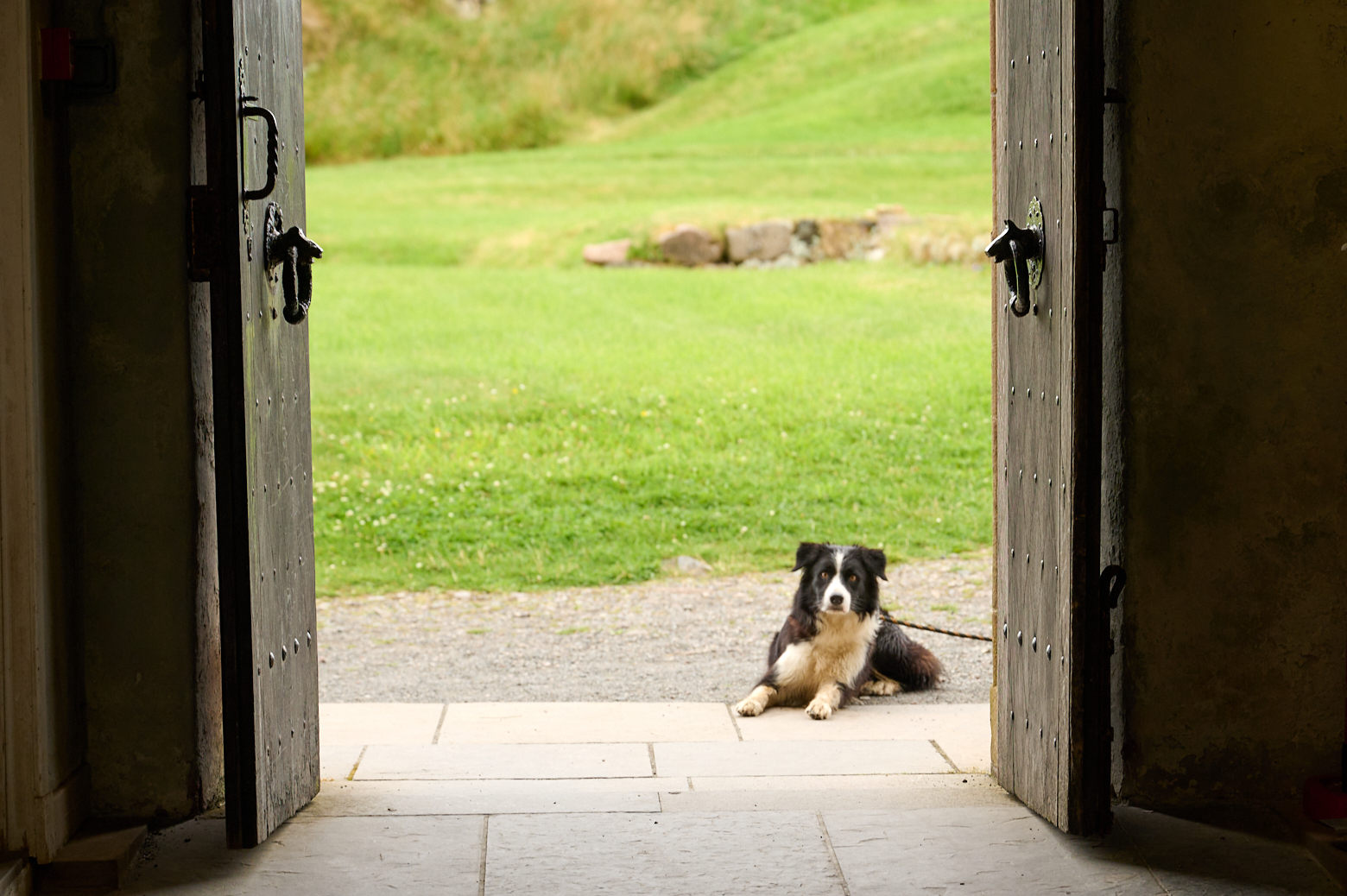
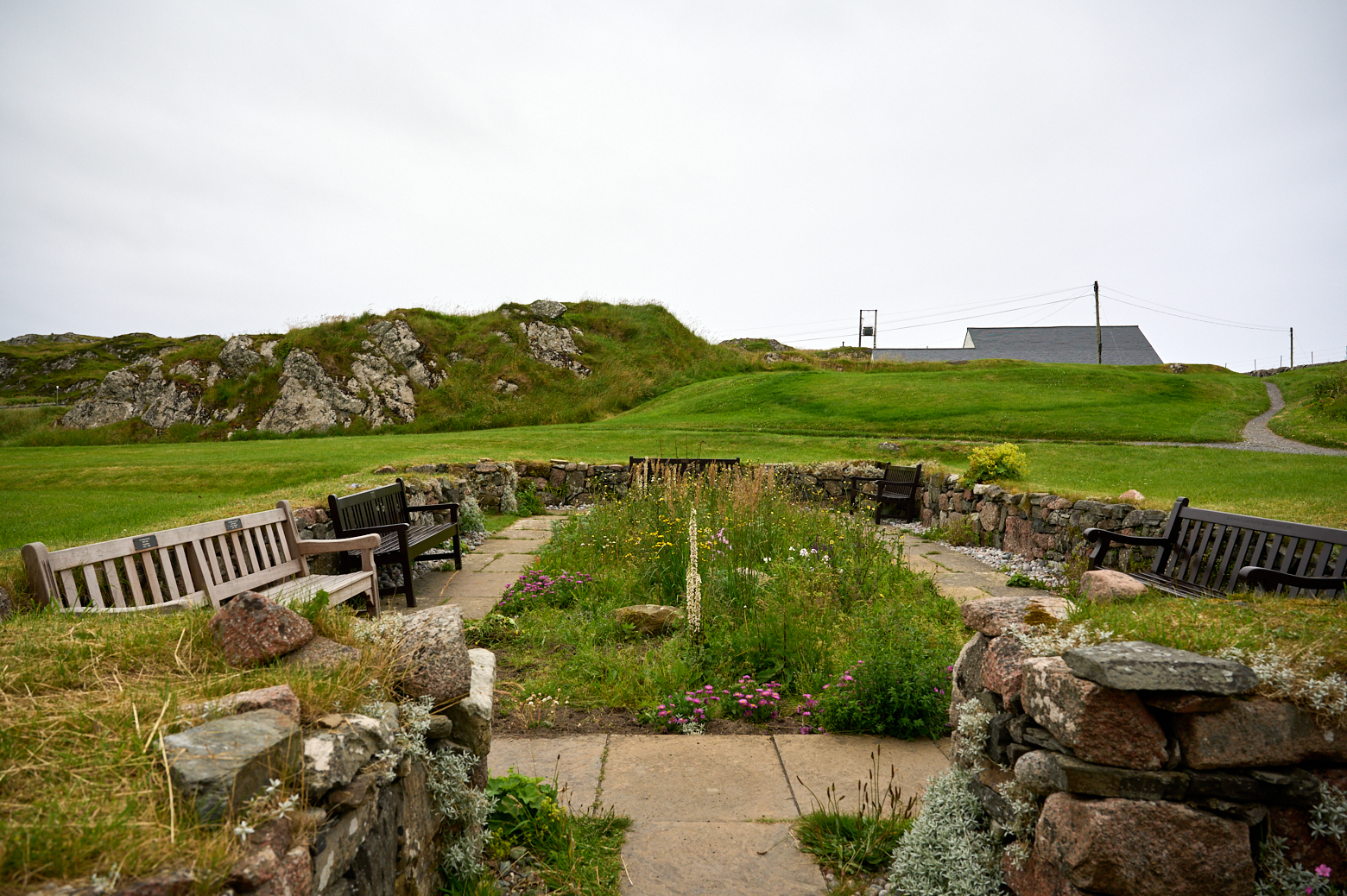
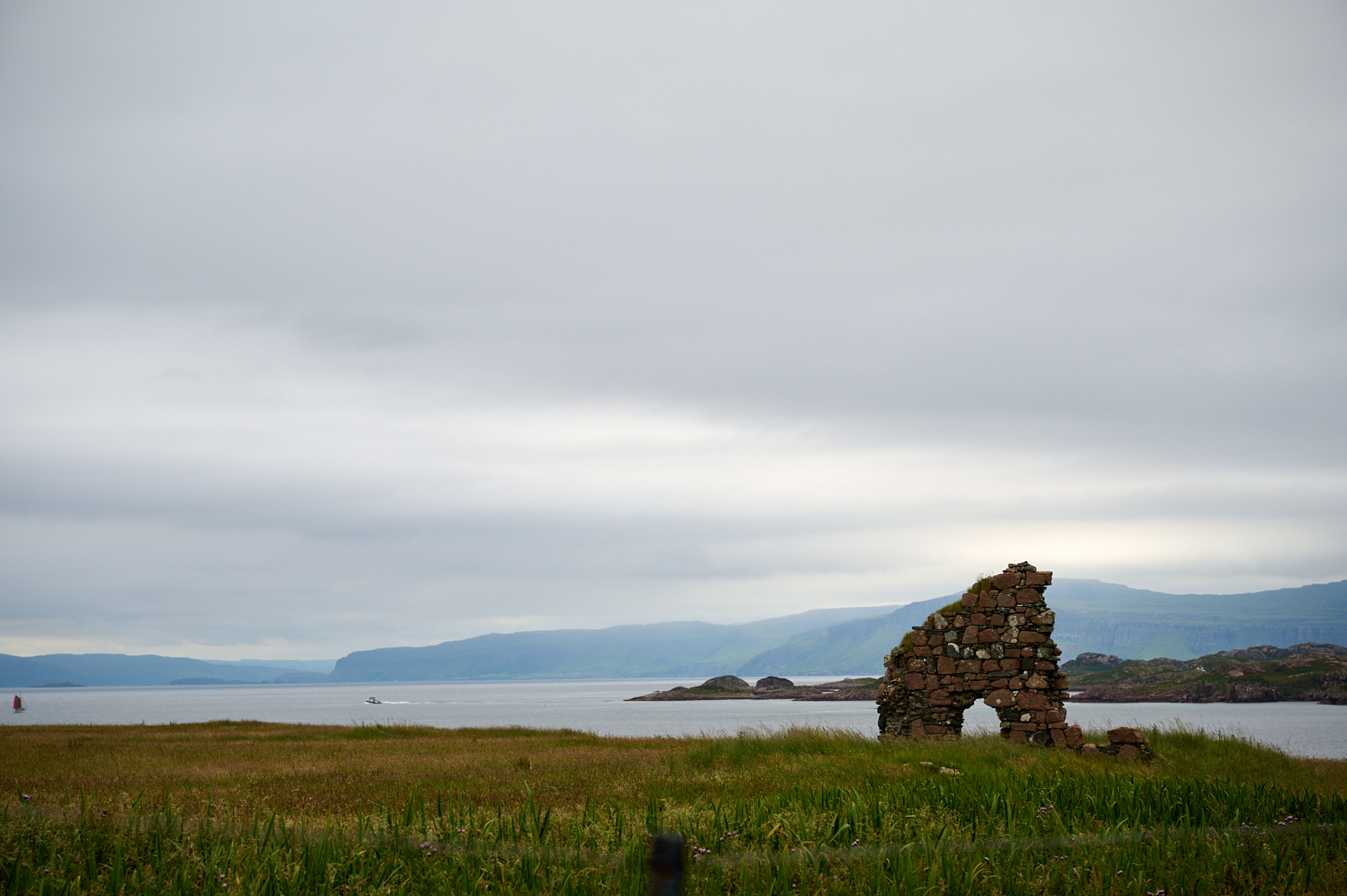
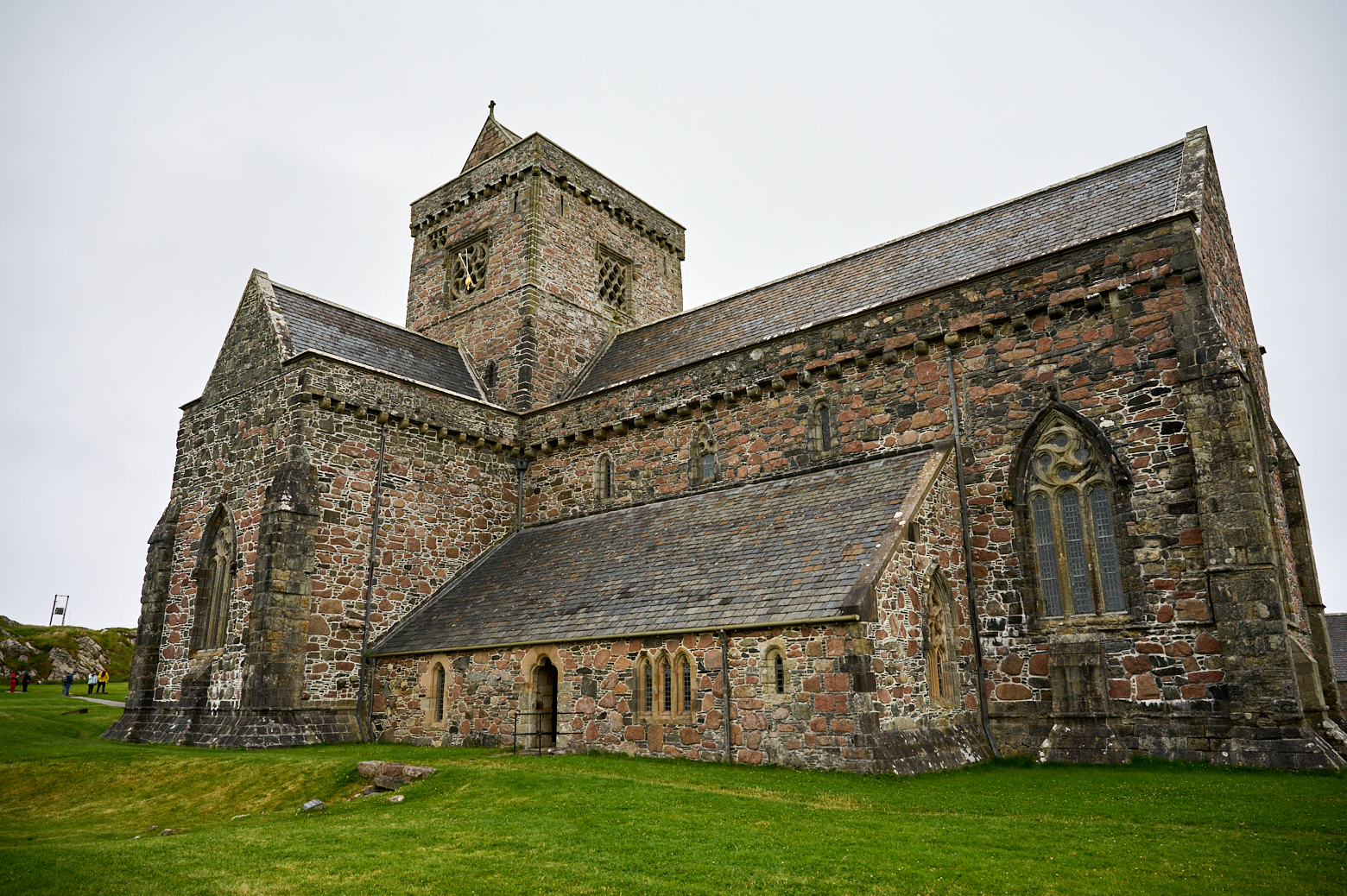
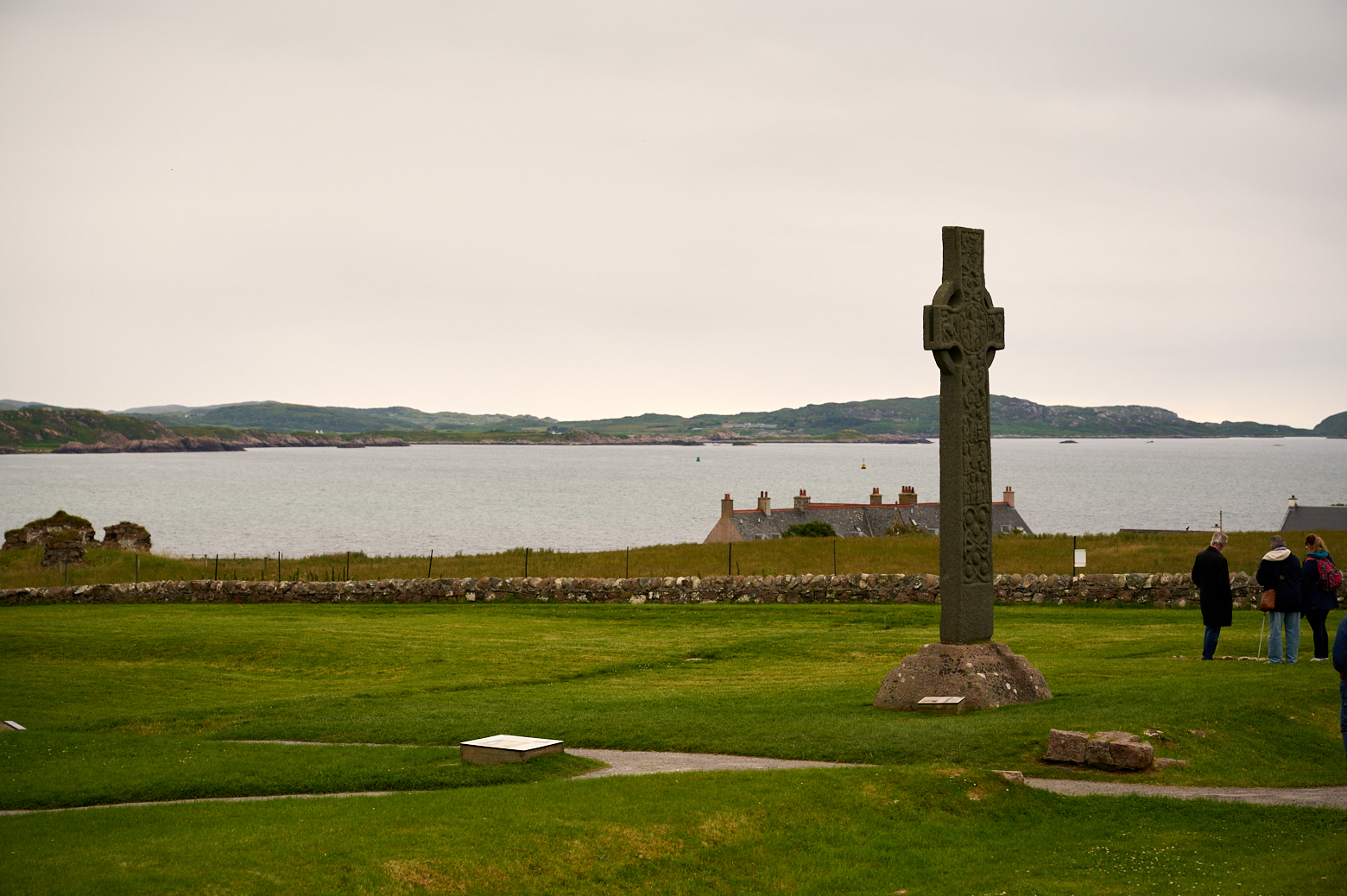
I said good bye to the Abbey and walked back to the village to explore some of the beaches.
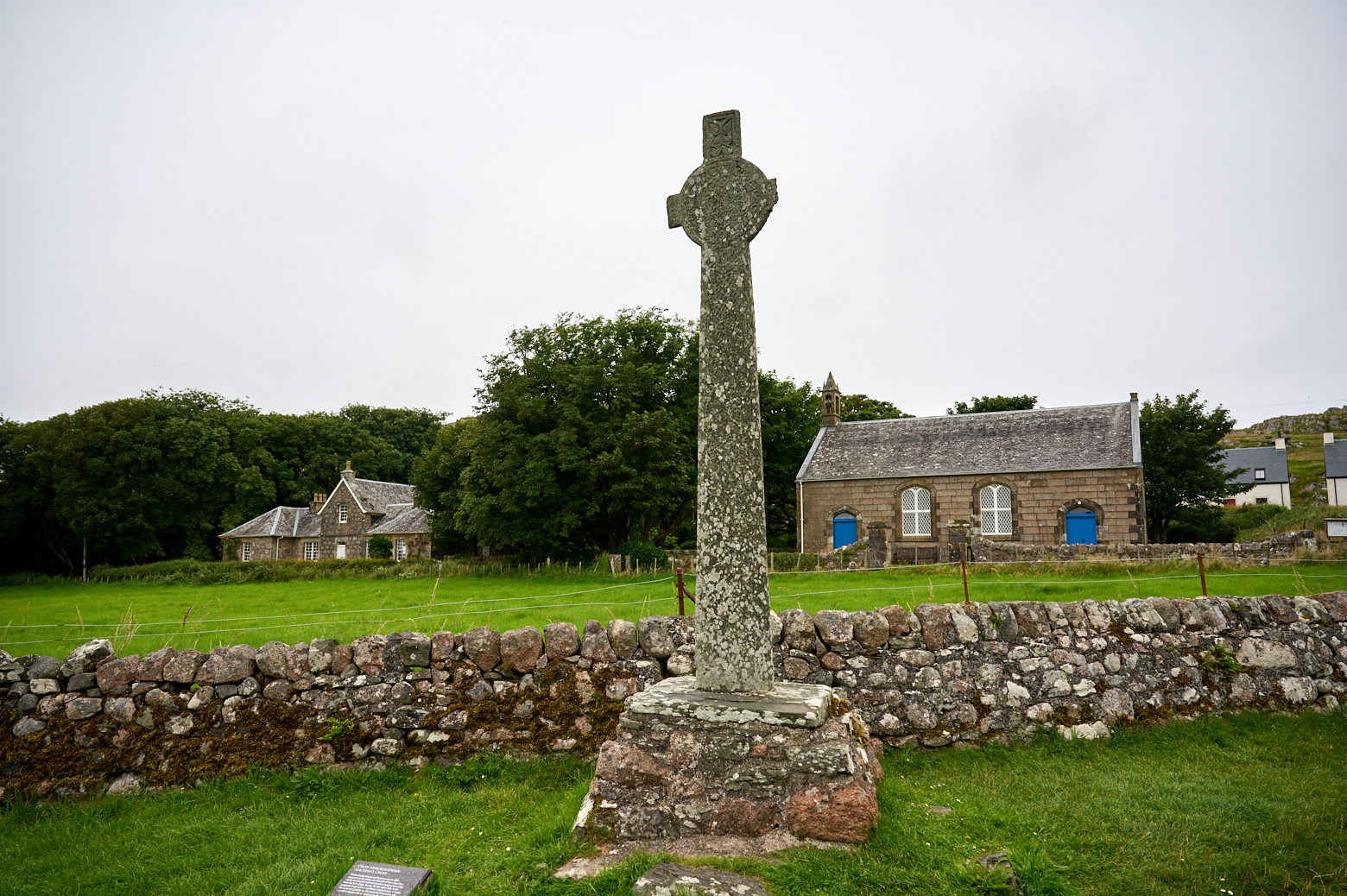
Another one of the standing crosses near the heritage centre.
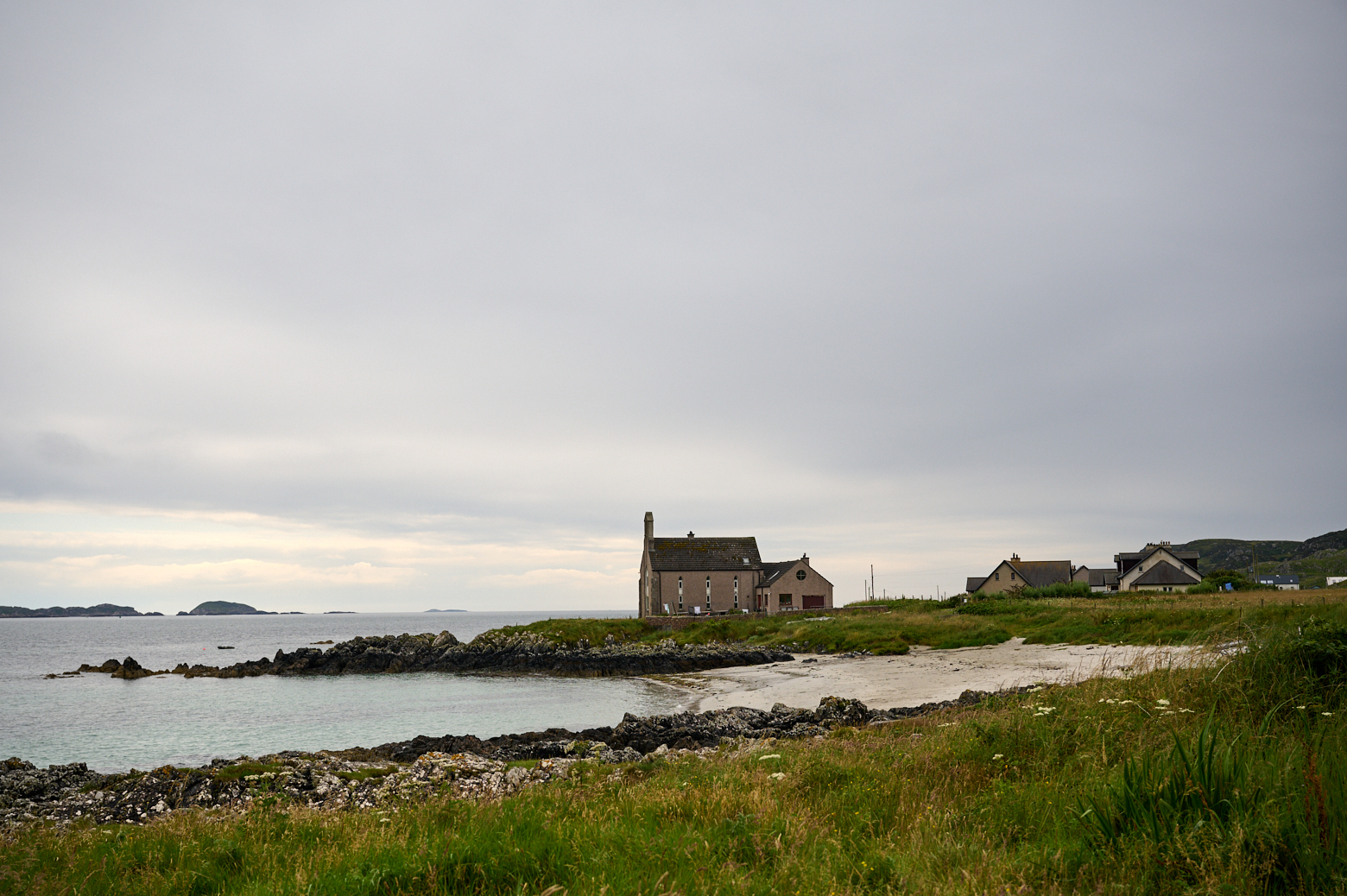
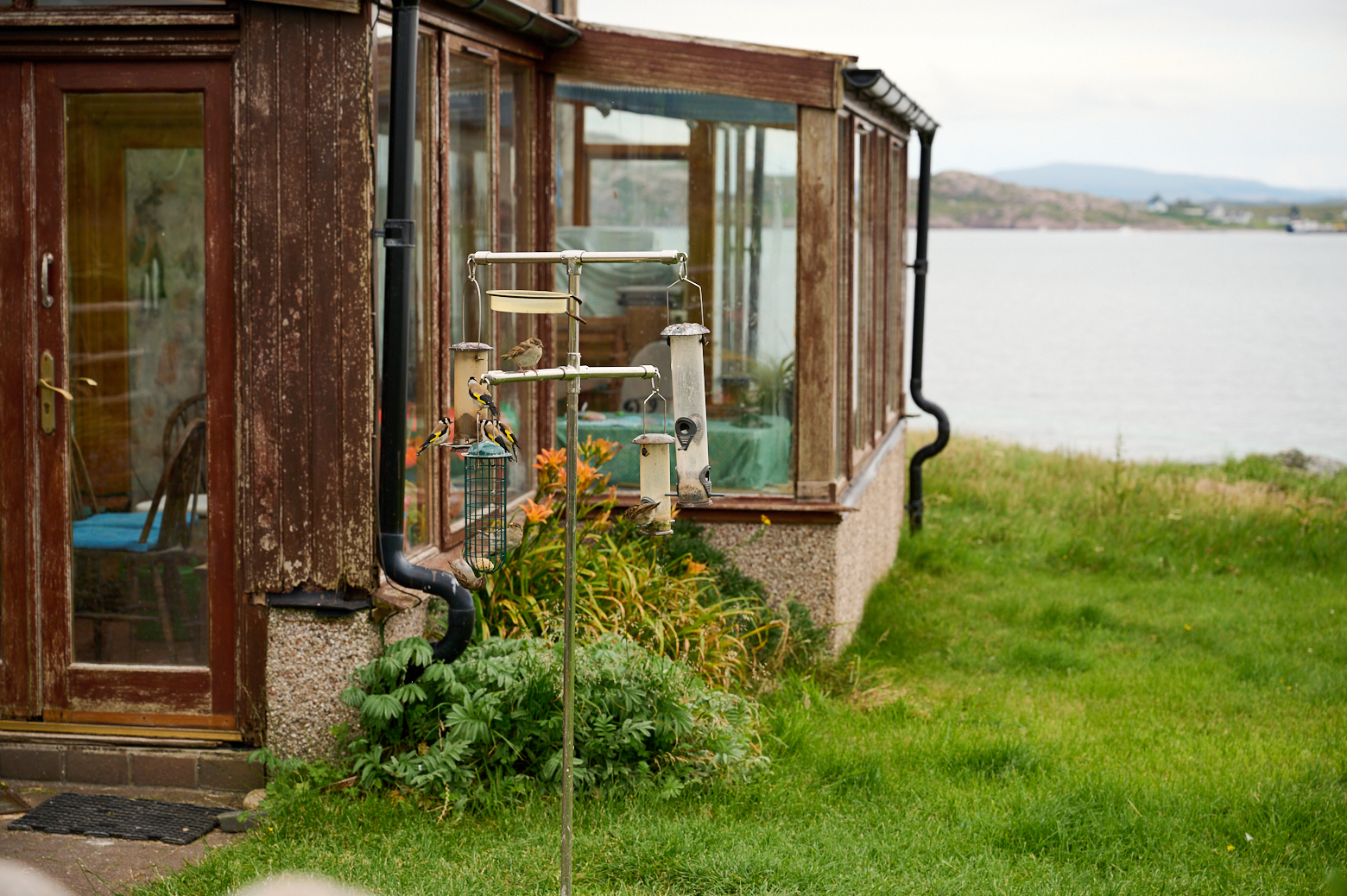
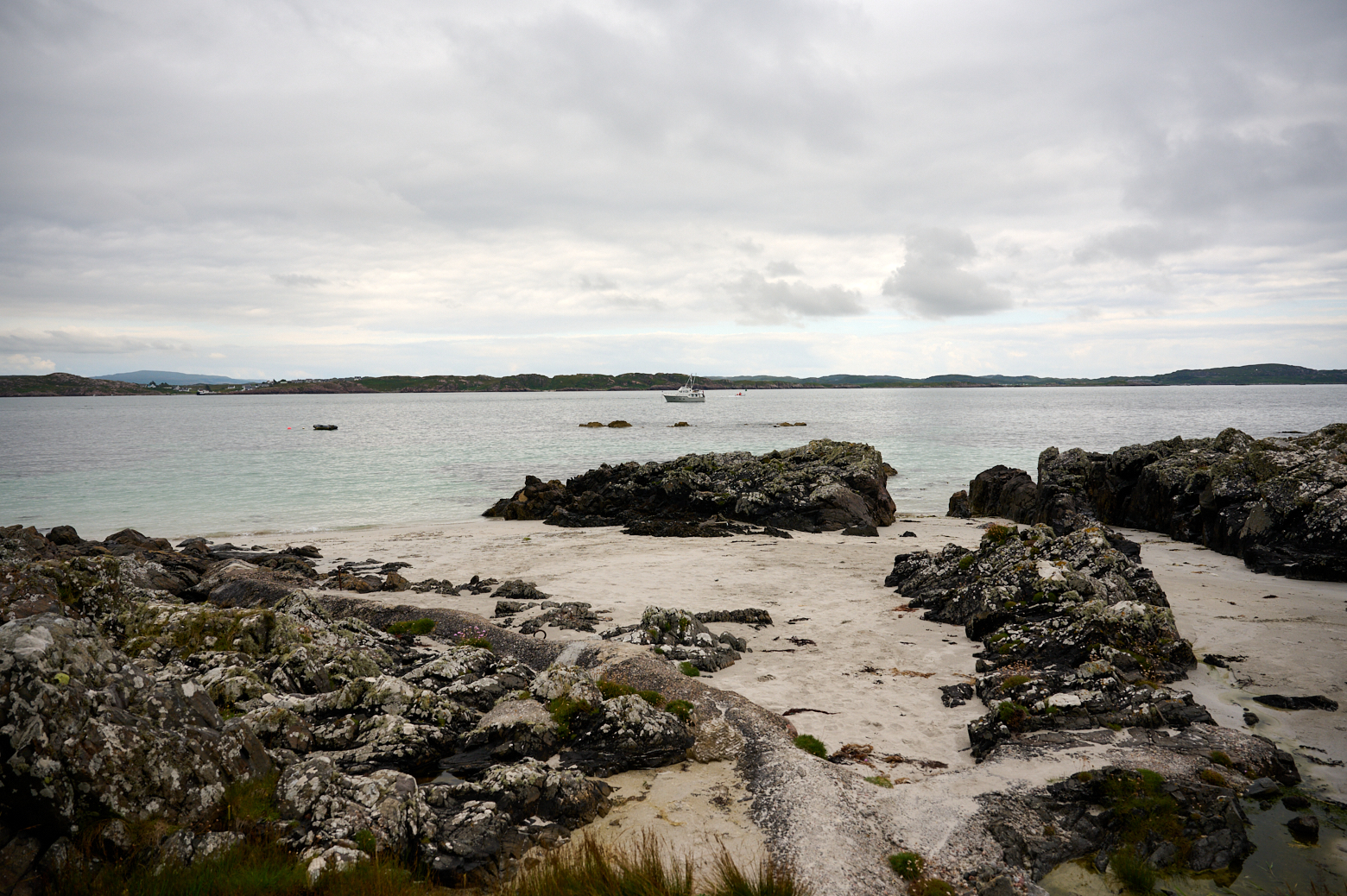
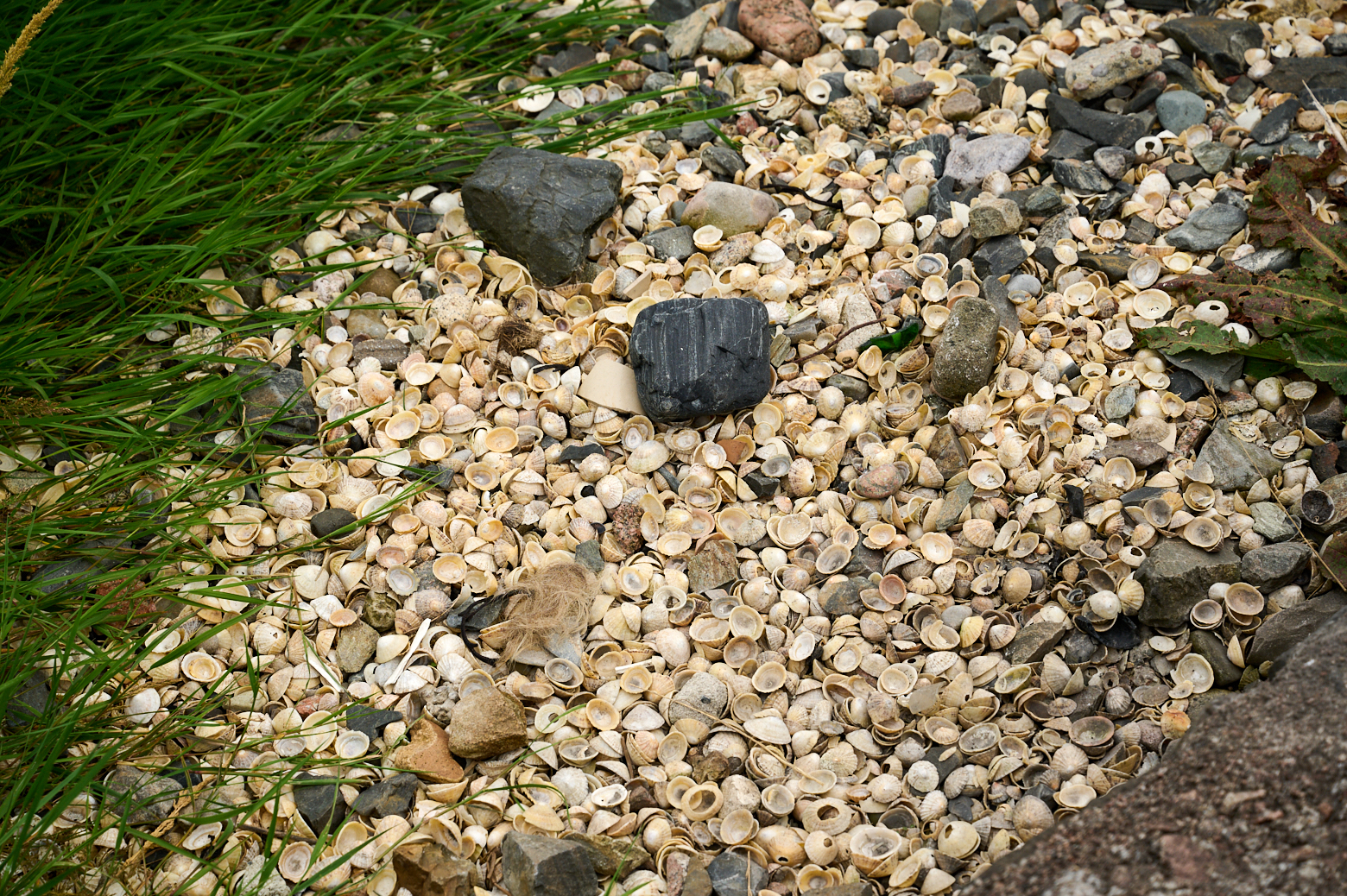
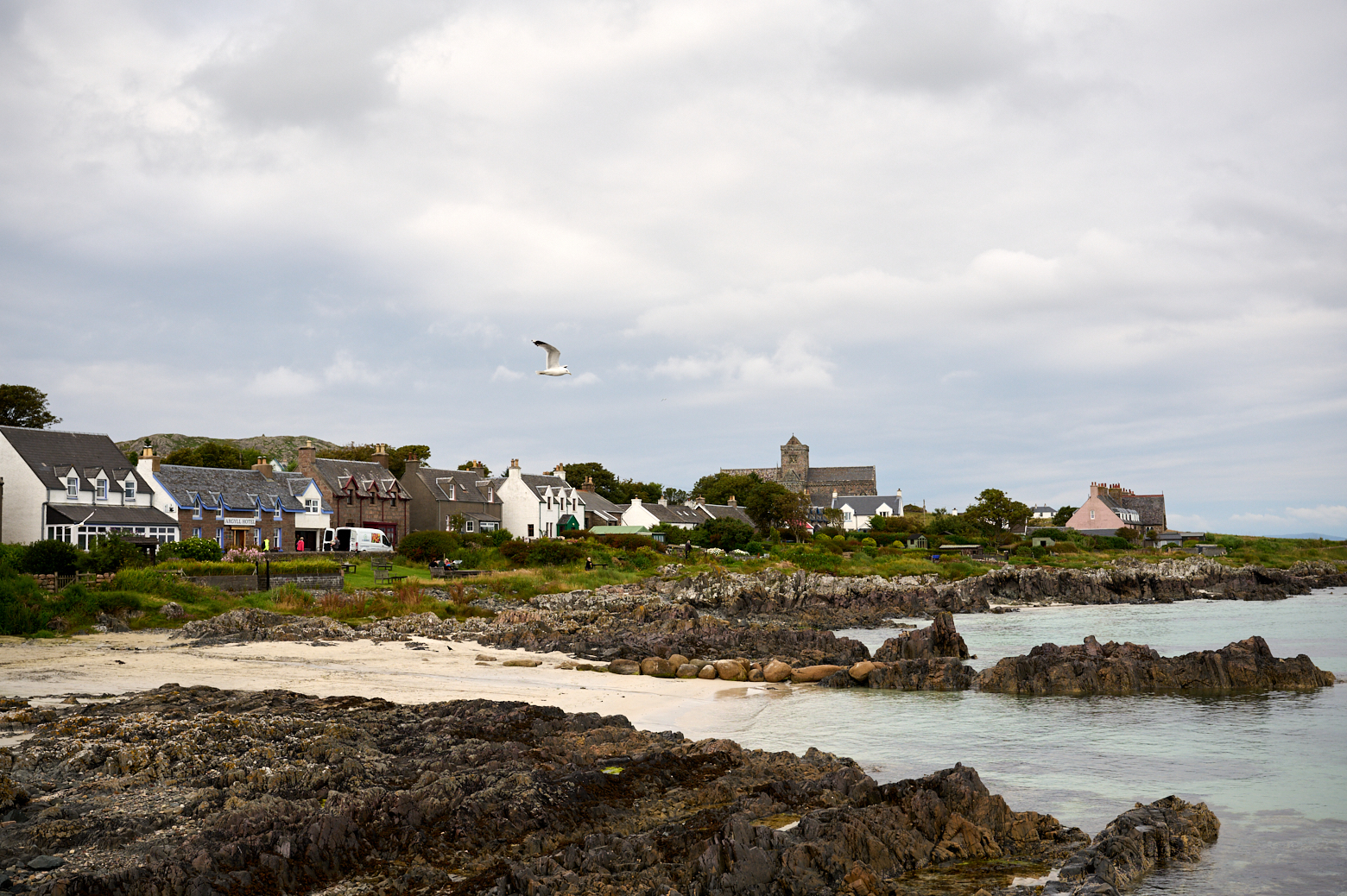
It was about time to leave Iona and go back to Mull, but I will be back. The Isle of Iona is such a special place!
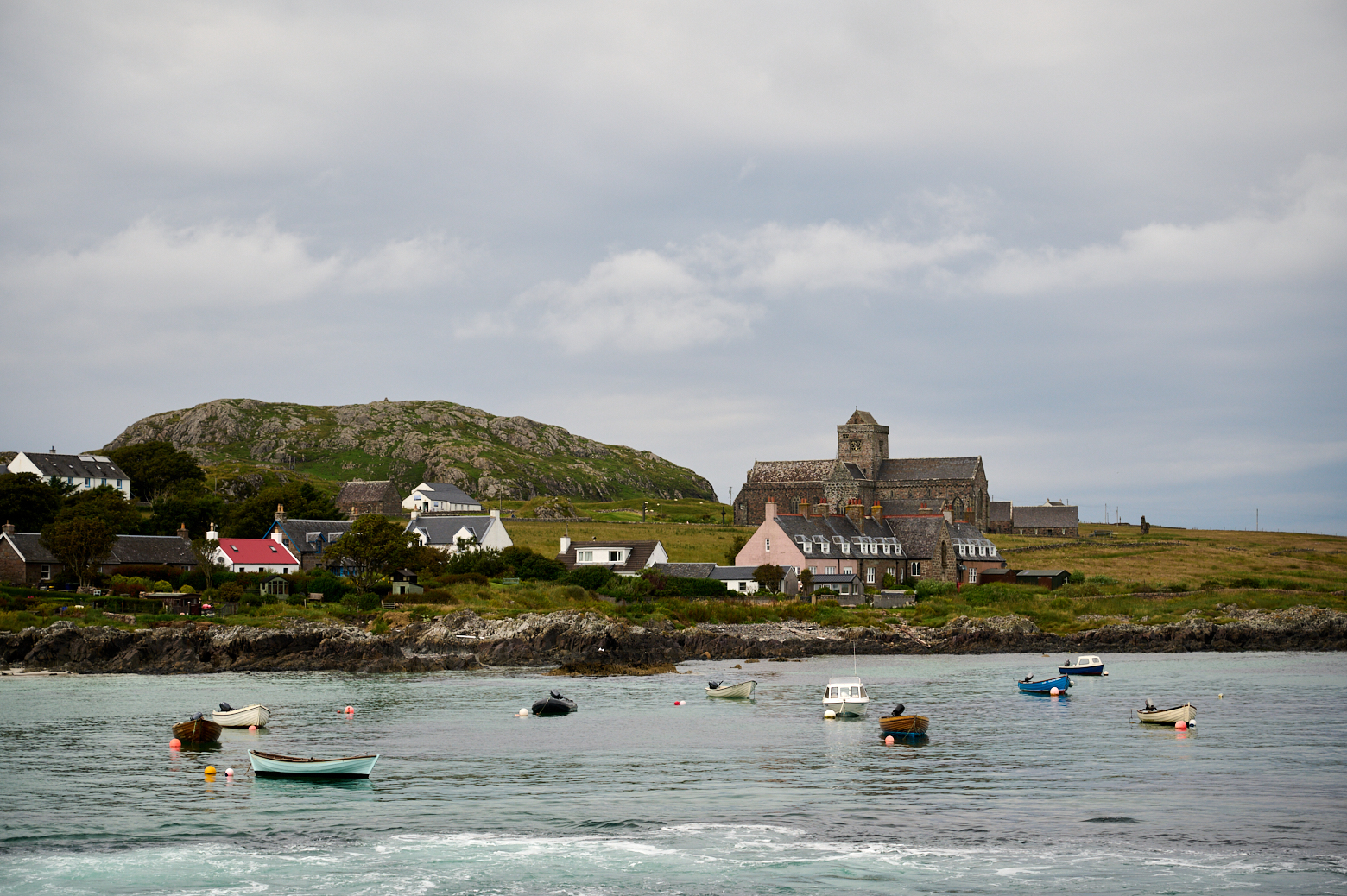
Leave a Reply